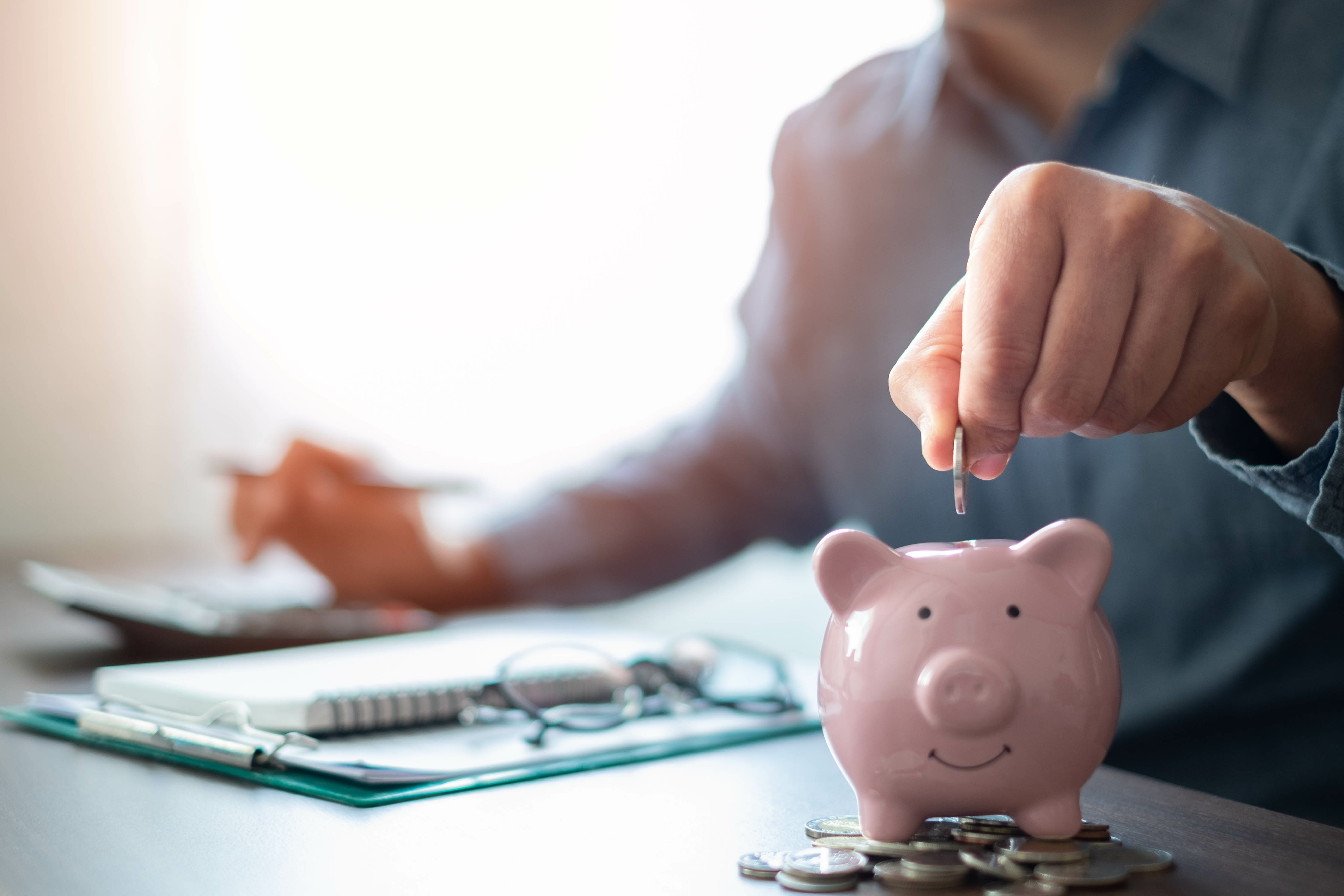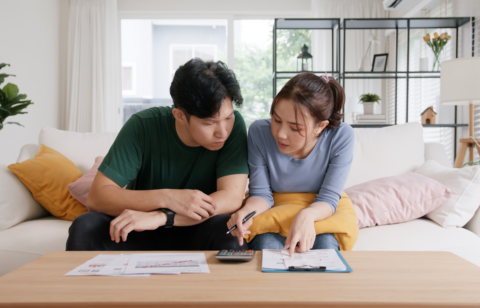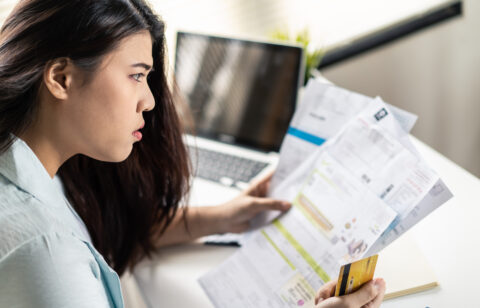Dealing with debt can be hard when you don’t earn a lot of money. It may seem nearly impossible to get out of debt with a low income.
Many people struggle with credit card debt and have trouble making payments on time. The average American has around $6,000 in credit card debt. When you don’t make much money, it’s very challenging to pay that amount off. It becomes a vicious cycle. Small monthly payments mostly go toward fees, not reducing the actual debt.
But there’s hope. You can use strategies to start paying down debt, even when money is very tight.
How Credit Cards Can Quickly Become Debt Traps
It’s far too easy to get approved for a credit card these days. But those monthly bills can skyrocket rapidly and leave you deep in debt before you know it.
The Challenge of Covering Unexpected Expenses
Life can shock you when you least expect it. Maybe the furnace dies in the middle of winter, the car needs a major repair, or large medical bills hit that you don’t have the money to pay. These kinds of events can cost a huge amount—hundreds or even thousands of dollars.
When you lack the cash on hand, you may resort to using a credit card as a short-term solution. But this can quickly snowball into long-term debt when you don’t make much money.
The Danger of Making Only Small Monthly Payments
Sure, making a small payment each month avoids late fees and keeps your account in good standing. But small payments barely make a dent in the actual debt. When you only pay a little bit toward the total balance, it can take many years to completely pay off the debt. Plus, you end up paying far more in interest and fees over time. But when cash flow is low, bigger payments can seem out of reach.
The Hidden Costs of Credit Card Perks
Credit card companies love to lure you in with attractive sign-up bonuses, cash back offers, and reward points, but the perks are often small compared to how much you end up spending to get them. Credit card companies just want to incentivize you to spend more money.
Strategies to Pay Off Debt When You Don’t Earn Much Money
It’s undoubtedly more difficult to eliminate credit card debt when you don’t have a lot of extra income to work with. But by implementing these tips, you can begin to chip away at those debts.
Get Honest About Your Spending Habits
Yes, small cutbacks like making coffee at home can help you save a little bit of money. But to make a big impact, you need to take a hard look at your core living expenses. Review what you spend each month on the major categories—housing, transportation, entertainment, and recurring bills. Are there substantial cuts you could make?
Consider downsizing to a more affordable place to live, refinancing to get a lower interest rate, taking public transit instead of owning a car, canceling expensive subscription services, and making smarter choices at the grocery store to slash that food bill. Use all that newly freed up cash to aggressively pay down debt so you can start to make real progress. The key is to pay off existing debt while not adding any more debt at the same time.
Create a Realistic Debt Repayment Plan
When you don’t earn a high salary, you need a solid roadmap to follow. Begin by making a clear budget for the month that accounts for all of your essential expenses and your debt payments. Commit to sticking to the plan no matter what. You can use budgeting apps to easily track your progress in real time.
But don’t just focus on your current earnings. Low income is the root issue, not just the debt itself. Brainstorm ways to increase your income. Could you ask for a raise at work, find a new higher paying job, or take on side gigs?
Consider Debt Relief Options
If living frugally and increasing your income still aren’t enough to conquer your debt, it may be time to seek out professional help. With the right assistance, you may be able to settle your debts for less than the full amounts owed.
Conclusion
Paying off debt on a low income is challenging, but it’s not impossible. By making smart financial choices, reducing unnecessary expenses, and sticking to a structured repayment plan, you can gradually regain control of your finances. Every small step toward paying down debt brings you closer to a more stable future.









